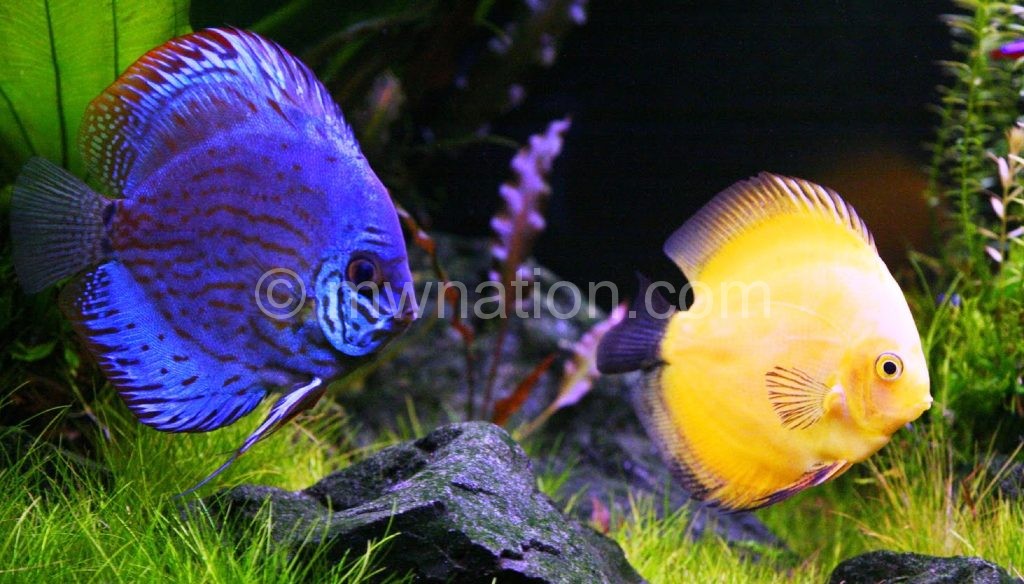Ornamental fish exports down 20%
Exports of ornamental fish have gone down by 20 percent over the past year largely due to a tough economic environment and a lack of direct flights into Europe, where there is a big market, it has been learnt.
Ornamental fish are small water living animals or aquatic animals kept as pets and decorative pieces and are highly sought after in the United Kingdom and United States of America (USA).

Salima-based Stuart M. Grant, the only company that trades and exports this species of fish, said the environment has not been rosy over the past few years.
“Generally, things have not been as they were two years ago both on the local and the international market. Locally, the economy has been going down, making prices of local materials used in our industry to escalate.
“Apart from that, we have also been experiencing frequent power blackouts and we are forced to use generators which is also an expense eating into our profits,” said the firm’s managing director Patrick Nkhwazi, in an interview on Wednesday.
According to Food and Agriculture Organisation (FAO), aquarium keeping is among the most popular of hobbies with millions of enthusiasts worldwide.
Together, all countries of the European Union (EU) are the largest market for ornamental fish but United States is the single largest importer of ornamental fish in the world.
Although exact figures on the value and trade of the ornamental fish industry do not exist, the
value of ornamental fish and invertebrates imported into different countries worldwide is approximately $278 million (about K202 billion).
But Nkhwazi said on the international market, the strengthening of the dollar against other major currencies has made fish expensive and the number of customers buying the fish has gone down.
He said: “Most of the people who buy ornamental fish do so as a hobby and with the dollar gaining in value, it means those using other currencies like euro are finding our fish expensive and this has affected our business.
“The other challenge is that Malawi does not have direct flights to Europe and mostly five percent of our fish die in transit as the fish spend more time in South Africa before connecting to Europe.”
Nkhwazi said Malawi used to be the biggest exporter of ornamental fish but has now been surpassed by Tanzania because its economy is doing better and has direct flights to Europe.
“This business is unique because it needs unique equipment which is not found easily on the local market. So, as one way of reducing the number of fish dying in transit, we are being forced to pack less fish in containers so that they can get to Europe alive and in good condition,” he said.
A lecturer in fish production systems at the Lilongwe University of Agriculture and Natural Resources (Luanar), Daniel Sikawa, agreed with Nkhwazi that direct flights into Europe are critical if fish is to survive long flights.
“For fish to be in good condition, they need a maximum of 14 hours in a container but beyond that they start defecating and destroying the water as well as oxygen.
“If we had direct flights, this business could have boomed because Malawi has unique species of fish which cannot be found in other fresh water lakes,” he said.
Sikawa said countries such as Kenya are making huge strides in ornamental business because the products get to their destinations in Europe while fresh.





